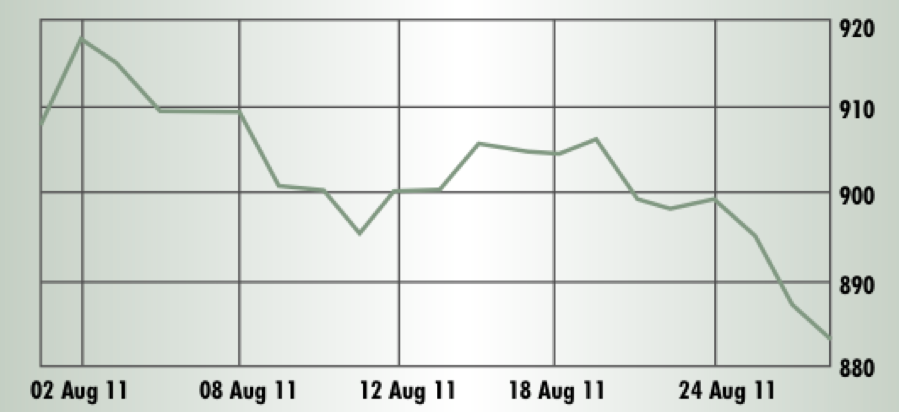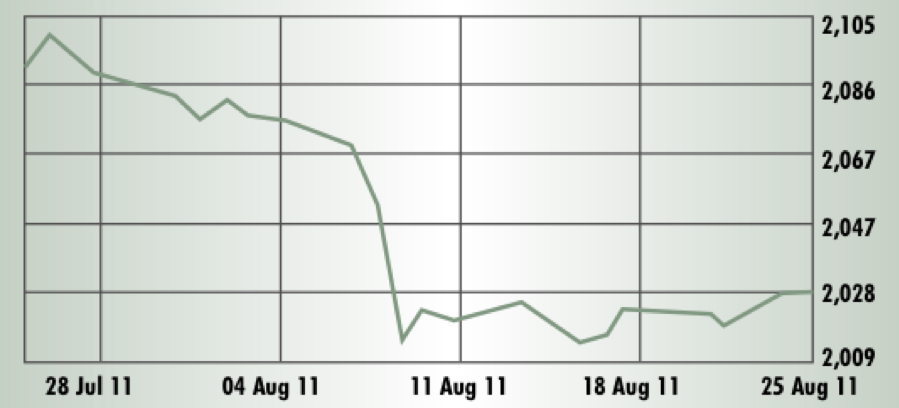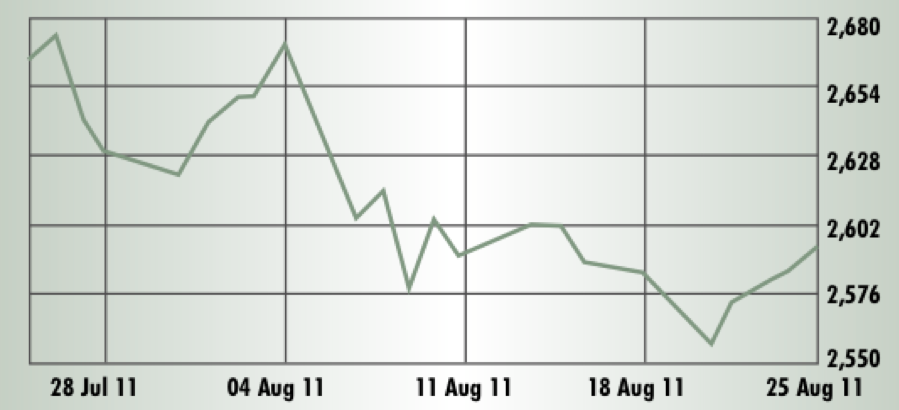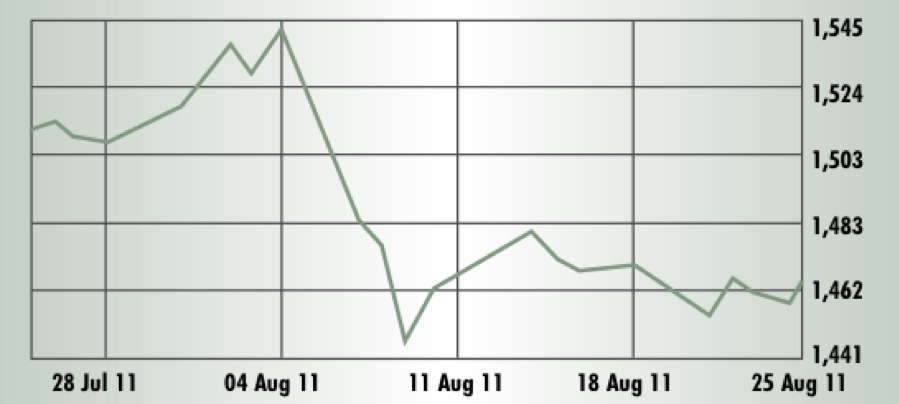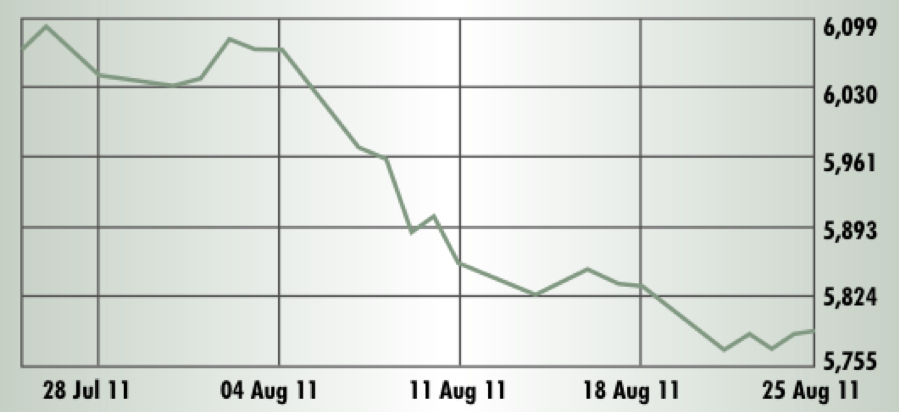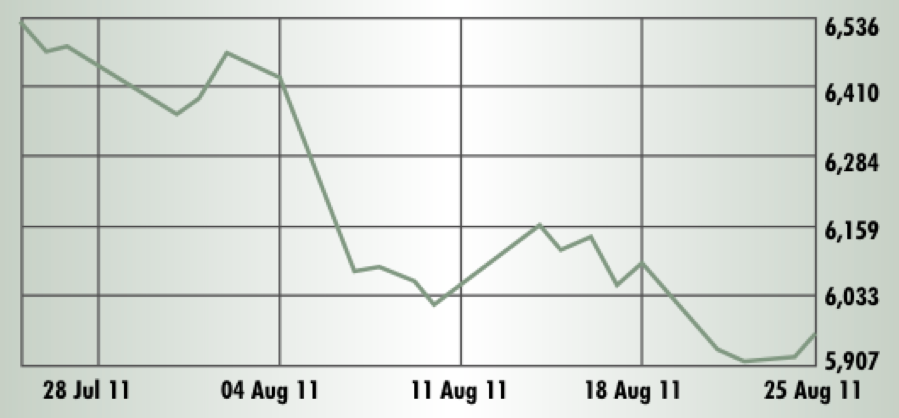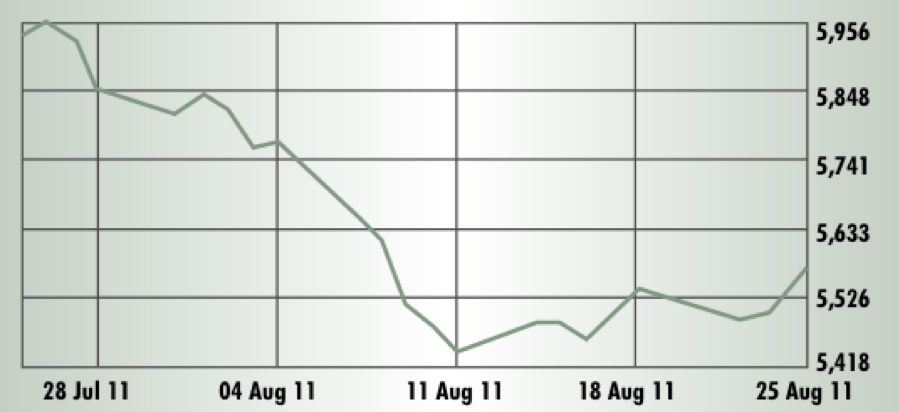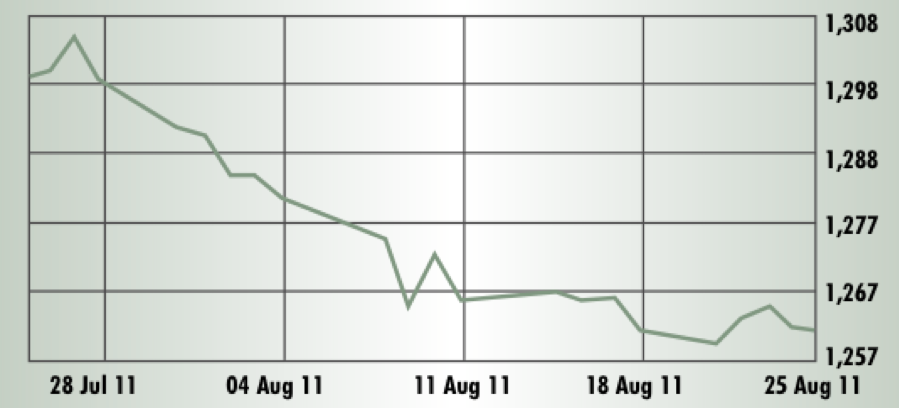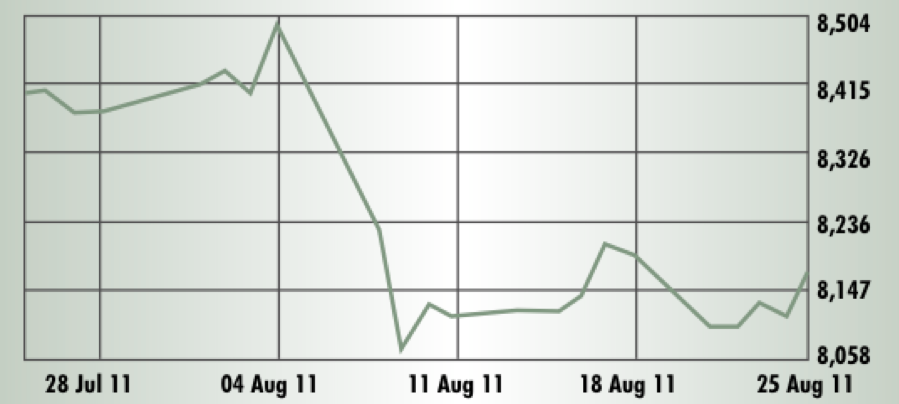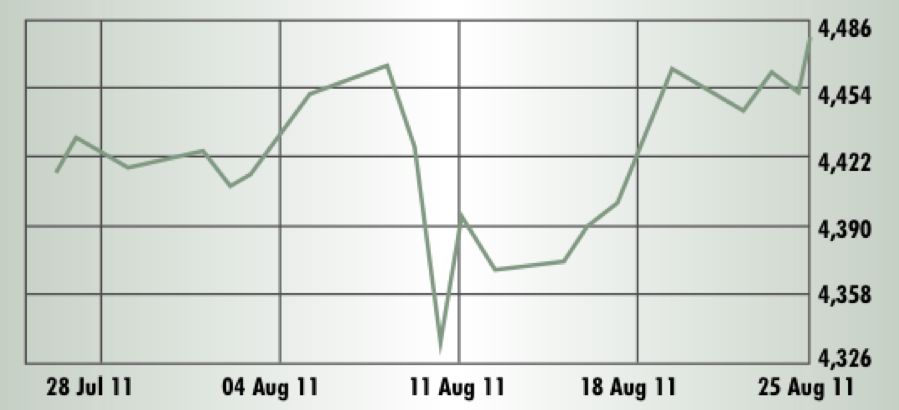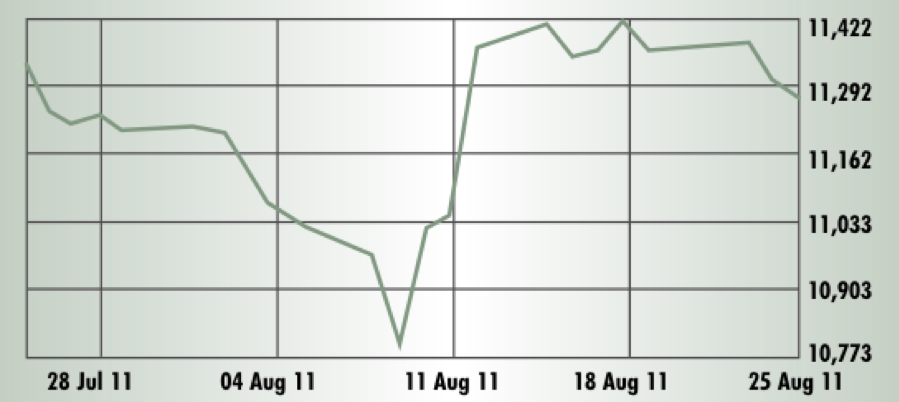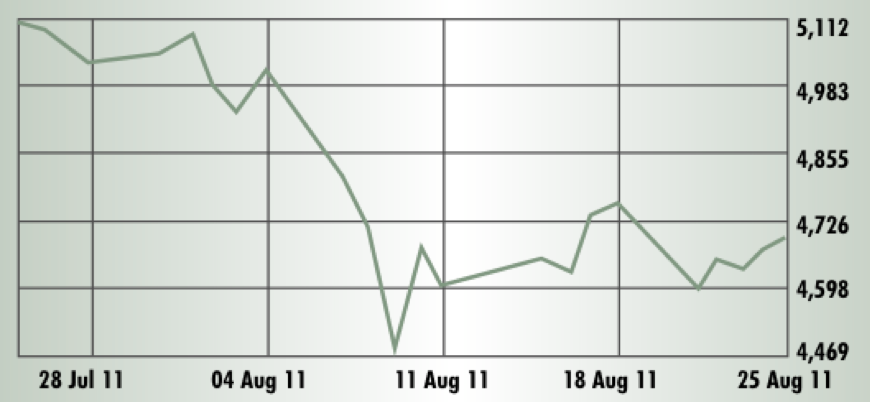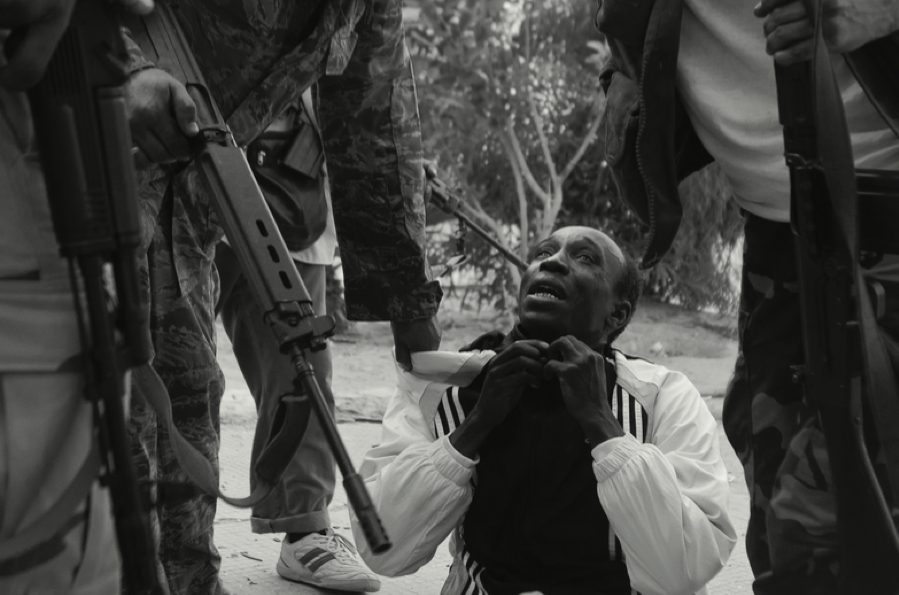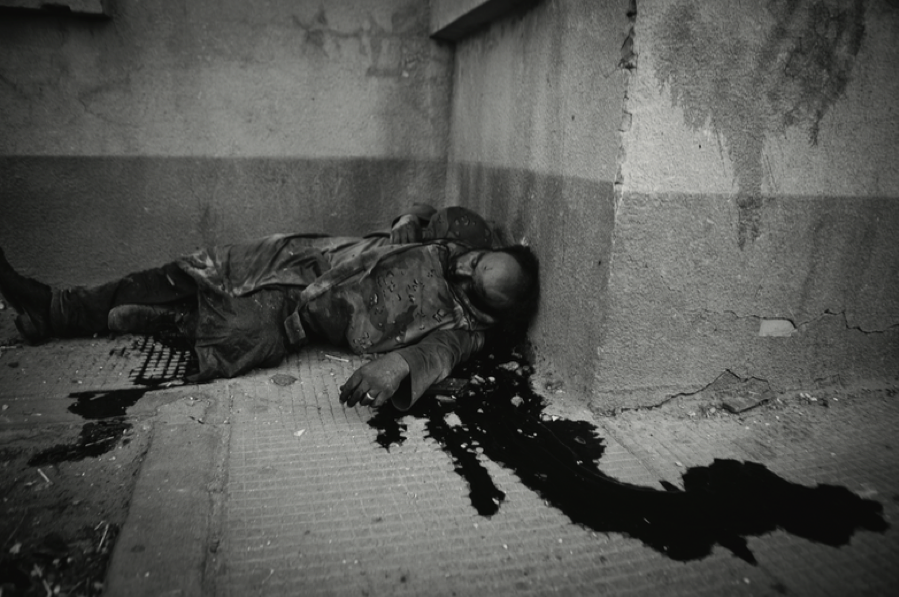Huff, and puff, and blow ,your smoke out
Non-smokers will be breathing a breath of fresh air after a new anti-smoking law was passed by Lebanon’s parliament last month. The law, which has been in the pipeline since 2004, was slow to come to fruition but was spurred on recently by both civil society and the press. It prohibits smoking in certain indoor and outdoor locations including bars, restaurants, schools, hospitals, public and private offices and on public transportation. It also bans any form of tobacco advertising, including promotion and sponsorship. In addition, the law increases the size of the required health warnings on cigarette packages to 40 percent of the surface area of a pack. Hotels were granted some leeway by being permitted to allow smoking in 20 percent of their rooms. Penalties to be introduced range from a fine of $663 to $1,990 for establishments that are caught allowing smoking indoors, as well as a fine of $66.3 for individuals caught smoking in public spaces. Implementation is to take place gradually over the next year, allowing establishments and businesses to recalibrate their activities accordingly. “A long road ahead to achieve effective implementation awaits us,” said a statement released last month by the health ministry’s National Tobacco Control Program unit. “The previous partial law passed in 1996 was very weakly implemented; it is necessary to prevent the tobacco industry and its allies from once again standing in the way of effective implementation.”
Enough energy to bring ,down a cabinet
Cracks in the cabinet began to emerge last month when a bill proposed by MP and Free Patriotic Movement leader Michel Aoun to borrow $1.18 billion to fund electricity projects from 2011 to 2014 was not passed from the cabinet to parliament. Aoun threatened to pull his ministers out of the cabinet if the bill was not passed, and as Executive went to print a deal had not yet been hammered out. The project proposes to produce 700 megawatts of electricity at a cost of $850.4 million using combined cycle gas turbines, as well as $247 million on transportation of power, $38.5 million on distribution and $40 million for consulting. According to the energy minister, the additional 700 megawatts could decrease average power rationing around the country by up to seven hours per day. If the power was only partially distributed to curb rationing by an average of 4 hours and repairs on the rest of the aging infrastructure were completed, estimated savings of $460 million per year for the treasury could be achieved and individual households could save $730 million to $1.3 billion on expenditures for private generator companies, said Energy Minister Gebran Bassil.
Assuming a deficit fall
The finance ministry seemed to shift the goal posts in the latest release of public finances last month, which stated that the total fiscal deficit had fallen 4.8 percent in the first half of the year. According to their figures, the 2011 deficit through June came in at $908.7 million. Government expenditure was put at $5.63 billion, a rise of 7.3 percent on the same period in 2010, while revenues were believed to have risen to $4.77 billion, a 9.8 percent rise. The smaller deficit figure, however, factors in revenues estimated by the telecom ministry totaling $704 million over the first six months of 2011, even though this sum has not yet been transferred to the treasury. The government’s largest expenditure item, debt servicing, shrank slightly during the first six months of this year to $1.9 billion, a fall of 0.5 percent year-on-year, constituting 33.8 percent of total expenditures. Interest payments on domestic debt made up $1.2 billion of that total in the first half of this year, with the primary surplus — the government’s income statement without debt servicing — at $1.13 billion, fractionally different than in 2010.
Welcome news on the web
The price of legal Internet in Lebanon looks set to fall after the adoption of a ministerial decree last month by the cabinet. The decree, which was proposed by the telecom ministry, details a new breakdown of prices and bandwidth caps for different categories of Internet speeds. The changes will take effect one month from the projected publication in the official gazette on August 29. The price list was not yet made public but was leaked to the pro-opposition Al Mustaqbal newspaper and confirmed as accurate by several telecom experts. The changes will see the slowest available residential Internet package rise in capacity — from 128 kilobits per second (kbps) with a bandwidth cap of 2 gigabits (GB) per month to 1 megabit (mbps) per second with a cap of 4 GB — while falling in price, from $23.21 to $15.90. The highest available residential package will rise from 2.3 mbps with an 8 GB cap to 8 mbps with a 30 GB cap, while decreasing in price from $199.00 to $114.09. The telecom ministry also announced that the 3G mobile Internet service will have a test-run on some 4,000 clients by mid-September, with the service available to the general public by the end of the year.
Business feeling blue
The feeling amongst the top hirers in the country is that business has been stagnant in 2011 but may well emerge from the doldrums come next year, according to a new survey conducted by the job site Bayt.com. Bayt’s latest Consumer Confidence Index (CCI) stated that 45 percent of Lebanese respondents believe that business has been stagnant this year while only 13 percent think things are going well, with the remaining 36 percent offering a neutral response. Nonetheless, 34 percent of respondents think that next year things will improve, while around half that percentage believes things are heading south in a year’s time. The June CCI index itself decreased year-on-year by 19.7 percent to 98.3 points. Asked whether salaries make up for the increasing cost of living in Lebanon, 71 percent said that they did not.
Buttressing the maritime border
The issue of the location of Lebanon’s maritime border has finally been resolved, at least as far as the Lebanese government is concerned. Last month, Lebanon’s parliament passed a law demarcating the country’s maritime border with Cyprus and “Occupied Palestine” for the first time. The law sets out Lebanon’s Exclusive Economic Zone from which it can extract what many expect to be hydrocarbon resources present under the seabed. The move comes after Israel submitted its own proposal regarding maritime borders, in which it drew its boundary according to a previous agreement between Tel Aviv and Nicosia that adopted “Point 1” as the boundary for Israel’s proposed border with Lebanon, which starts in Ras Naqoura and ends 133 kilometers off the coast at an angle of 291 degrees. Lebanon also signed an agreement with Cyprus adopting Point 1 but never ratified it in parliament. The new law proposes “Point 23” as the ending point, which is around 17 kilometers southwest of Point 1 and corresponds to Israel’s existing northernmost contract blocs, areas where oil and gas companies can come to explore and extract hydrocarbon resources. The differences have resulted in a disputed area of some 854 square kilometers and have fueled fears of potential conflict over the area. Israel has already found large deposits of gas in its northern fields and is in the process of extracting them, while Lebanon has not yet had its first bidding round or set out contract blocs. The agreements signed with Nicosia by both Israel and Lebanon (which never ratified the agreement in Parliament) each allow for an adjustment of Point 1. Last month, the foreign ministry requested to the United Nations Secretary General that the UN step in as arbitrator to resolve the issue.

